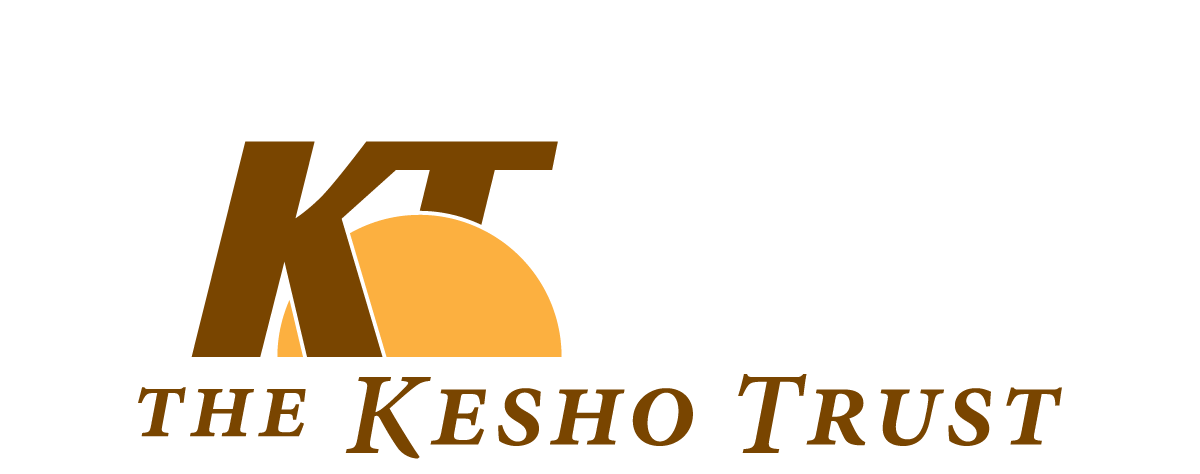We welcome your contributions to the work of The Kesho Trust.
You may also specify the partnership or project to which you want your donation dedicated. In the process of donating on line following the link below there will be an opportunity for you to add specific comments about the donation. Please identify the specific project or partner in those comments.
The Kesho Trust is a Canadian-based registered charitable organization and tax receipts for donations (over $25.00) will be issued.
Two options for donating:
- send a cheque to: the Kesho Trust Box 10125 Whitehorse, Yukon Y1A 7A1
- send an e-transfer to donations@thekeshotrust.org – this email address will automatically deposit your donation directly into the Kesho Trust accounts
When sending a donation by e-transfer, please send us a separate email to the same email address with your name and postal address so that we can provide you with a tax receipt for your donation. Thank you.
